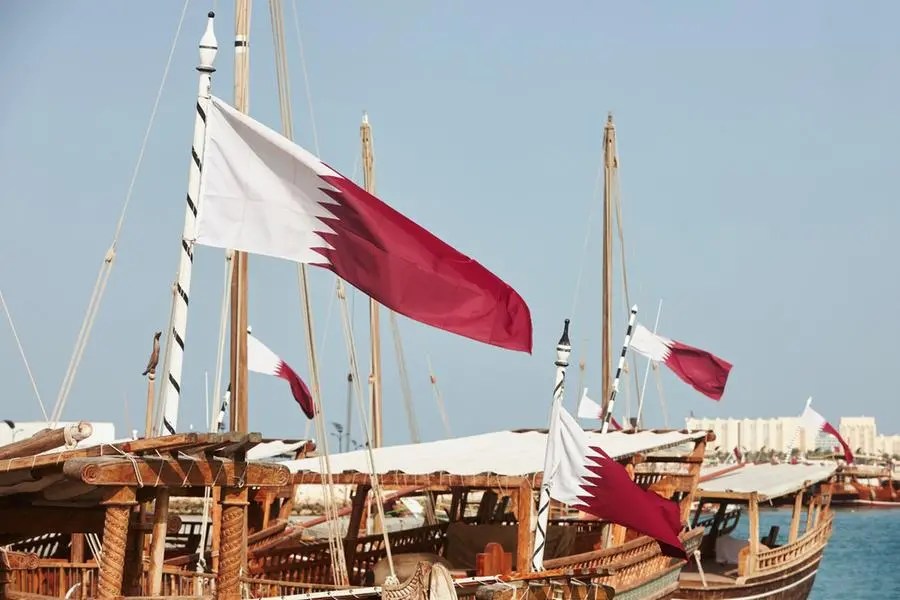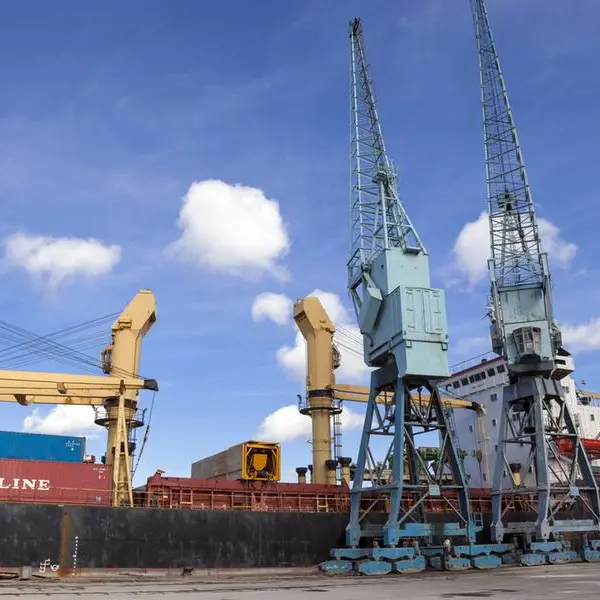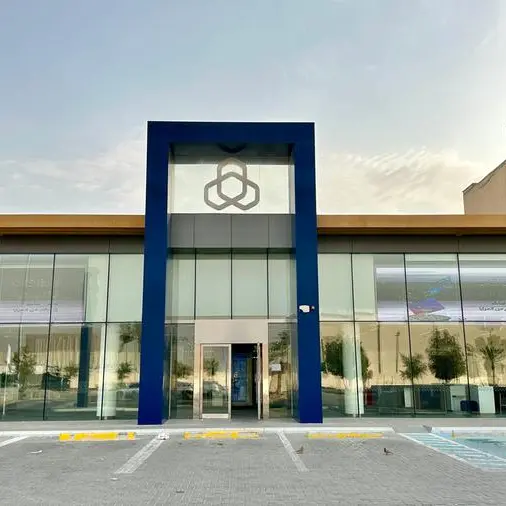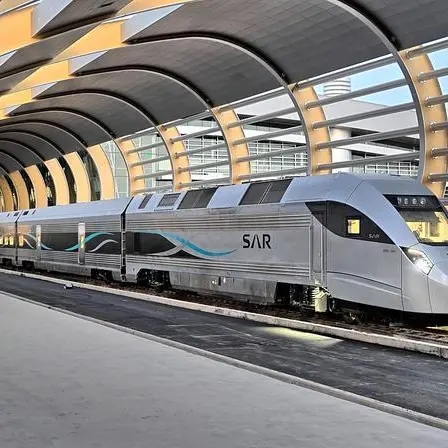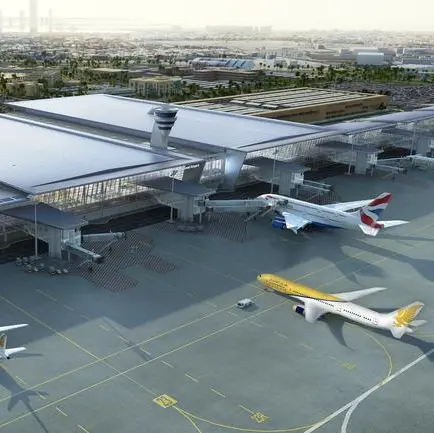PHOTO
Doha, Qatar: Mwani Qatar ports (Hamad Port, Doha Port, Ruwais Port) handled 103,372 twenty-foot equivalent units (TEUs) containers in January, 39 percent of which are transhipment containers.
While the number of ships calling on Qatar’s three ports stood at 217 in January 2024, stated that Mwani Qatar stated on its X platform, yesterday.
The ports also received 59,041 tonnes of general cargo shipments, 6,066 units of RORO vehicles, 31,337 heads of livestock and 49,745 tonnes of building materials last month.
The container terminals have been designed to address the increasing trade volume, enhancing ease of doing business as well as supporting the achievement of economic diversification, which is one of the most important goals of the Qatar National Vision 2030.
The cargo handling increased significantly in December 2023, recording a growth of 45 percent compared to November. Building materials and RORO units saw growth rates of 110 percent and 47 percent respectively, Mwani Qatar stated. The general and bulk cargoes handled through the three ports stood at 137,518 tonnes in December 2023, whereas in November 2023 it was at 94,990 tonnes, registering a surge of 45 percent on a monthly basis.
The ports received 223 vessels in December 2023, while the containers, RORO, livestock and building materials handled during the same period accounted for 107,634 TEUs (twenty-foot equivalent units), 8,339 units, 24,571 heads and 49,184 tonnes respectively.
Separately, according to a tweet by QTerminals, a terminal operating company of Hamad Port, 138 vessels called at Hamad Port in January 2024. Hamad Port handled 102,875 TEUs containers, 59,484 freight tonnes of break bulk cargo, 6,044 RORO (vehicles) units in last month.
Recently, Hamad Port, Qatar’s main gateway to world trade was awarded the prestigious EcoPorts PERS (Port Environmental Review System) from the ECOSLC Foundation at a ceremony held in the Netherlands yesterday.
Global certification is granted to ports that meet the Foundation’s environmental and sustainable management standards, surpass assessment tests, and meet the required performance indicators. By obtaining this certificate, Hamad Port has become the first port in the GCC to be a member of the global network of EcoPorts certified ports which includes some of the most prominent ports in the world.
Hamad Port, which offers opportunities to create cargo movement towards the upper Gulf, supporting countries such as Kuwait and Iraq and south towards Oman – plays a vital role in diversifying Qatar’s economy and making it more competitive in line with Qatar National Vision 2030 goals. It is gateway to marine tourism and plays a major role in promoting marine tourism.
The General Cargo Terminal is designed to handle dry and cold storage cargo and has capacity to handle 7 million tonnes of general cargo such as machinery, steel, dry bulk, building materials, fertilisers, and petrochemicals products.
Hamad Port keeps moving forward firmly towards more powerful position as one of the key ports in the Middle East and the region. It targets achieving a more efficient logistics services industry in Qatar and the transformation into a leading global trade hub, thus enhancing its economic diversification plans in step with the Qatar National Vision 2030.
The maritime transport sector is committed to developing and modernising the sector in line with Ministry of Transport’s strategic plans aiming at ensuring a safe maritime navigation that meets all safety requirements and obligations, and keeping pace with international maritime developments through creative and effective application of international maritime instruments and observation of emerging trends and latest publications.
© Dar Al Sharq Press, Printing and Distribution. All Rights Reserved. Provided by SyndiGate Media Inc. (Syndigate.info).
